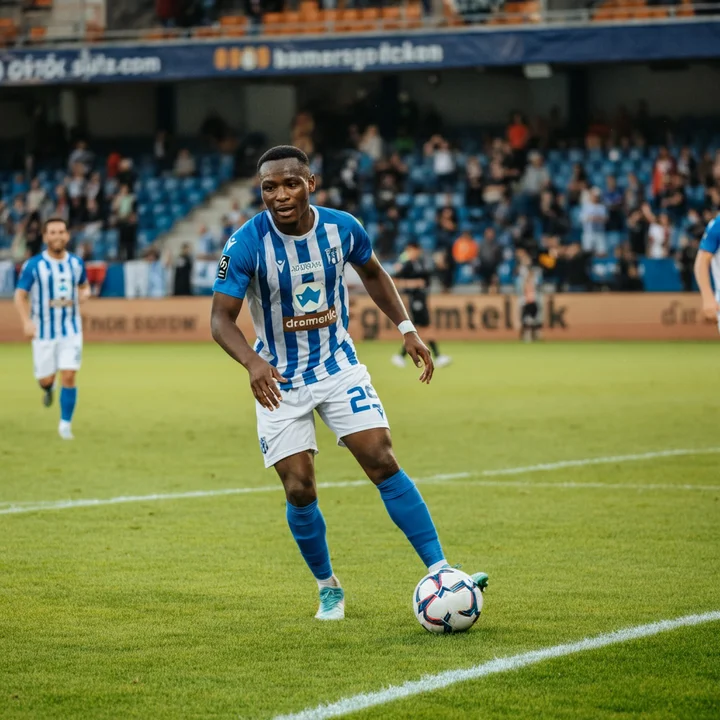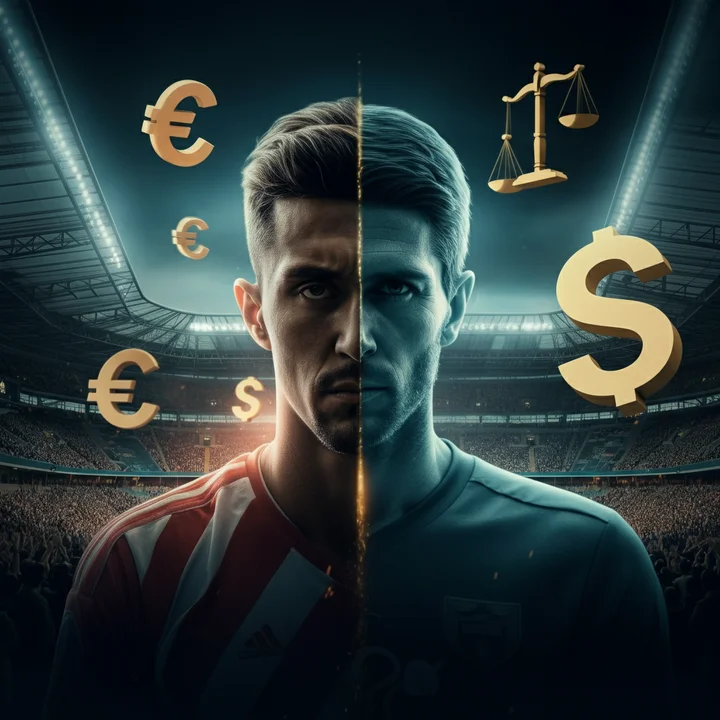Football has always been a sport that transcends boundaries. The players, with their flair, skill, and charisma, have traditionally commanded the lion’s share of public interest. But in recent years, there’s been a shifting narrative in the beautiful game. Football managers, once confined to the tactical whiteboards and sideline shouts, are stepping into a role that’s closer to celebrity than coach. From their press conferences to their social media mentions, managers are becoming household names. But how did we get here, and what does this mean for the sport?
This post will explore the evolution of football managers from the sideline strategists we once saw as faceless tacticians to the center-stage personalities they are today. We’ll take a closer look at specific managers, their influence in the marketing world, the role of social media, and whether this change is good or bad for football.
From Sideline to Spotlight
For decades, football managers were seen as peripheral figures, essential to the game strategy but largely invisible to fans. They were the architects of on-field success but rarely occupied the headlines themselves. Successors to legends like Bob Paisley and Rinus Michels worked behind the scenes rather than in public view.
This changed dramatically with the emergence of fast-paced, sensationalized media coverage, and the advent of social media. Managers began to shape public narratives, however intentionally or unintentionally. They became the focus of everything from sideline theatrics to post-match interviews loaded with heated exchanges. Their body language was scrutinized, their words dissected, and their personas became part of their team’s brand identity. Today, media outlets cover football managers as much for the personality drama as for their tactical acumen.
The demands of football evolved, and so did its storytelling. A manager’s presence has become amplified on and off the field, elevating them to an almost rockstar-like status.
Case Studies in Stardom
Some football managers today are as famous as the players they manage, if not more so. Consider these examples:
Jurgen Klopp
Jurgen Klopp is arguably the embodiment of a modern “celebrity manager.” With his charismatic smile and energetic hugs, the Liverpool FC manager has cultivated an image of warmth and relatability. However, behind the charm lies a tactician who transformed Liverpool into one of the most feared teams globally. Klopp’s post-match interviews often go viral because of his honesty, humor, or heartfelt emotions, which resonate deeply with both fans and non-fans alike.
Pep Guardiola
On the opposite end of Klopp’s approach is the intense and cerebral Pep Guardiola. The mastermind behind Manchester City’s dominance, Guardiola has become a symbol of perfectionism in football. His touchline theatrics and impassioned tactical dissection stand out. While Pep prefers focusing on football rather than cultivating an overt fan-facing personality, his near-mythical status has drawn media fascination.
Jose Mourinho
Then there’s Jose Mourinho, perhaps the prototype of the celebrity-manager archetype. Known for self-branding as “The Special One,” Mourinho thrives on drama and theatrics. Whether it’s walking out of press conferences or goading opposition managers, his antics often overshadow his tactical successes. Mourinho is an expert at courting attention, and the media (and memes) can’t get enough.
Through these figures, it’s clear that football managers no longer simply guide teams toward success; they are central characters in the broader football narrative.
Marketing & Brand Value
Football managers’ celebrity status has had an undeniable impact on marketing within the sport. Today, managers are more than just employees of a football club; they are global ambassadors for the brand.
Take Jurgen Klopp and his endorsement deals with New Balance and Opel, or Pep Guardiola’s association with Puma. These partnerships highlight how managers have become lucrative marketing assets, adding millions of dollars to their clubs’ commercial value.
From promotional campaigns to social media content, managers are now integral to a club’s financial strategy. Their personalities appeal to sponsors and attract global audiences, often influencing not only local fandom but also the purchasing decisions of international fans.
Social Media Influence
One of the key reasons for the celebrity transformation of managers is social media. Platforms like Twitter, Instagram, and YouTube have redefined how fans relate to the sport. Press conferences, once dry and confined to newspapers, are now uploaded in full to social channels. Snippets of post-match rants or emotional celebrations are shared and re-shared, reaching millions of users in mere hours.
Meme culture has also fueled this fame. Jose Mourinho’s infamous “I prefer not to speak” and “If I speak, I’m in big trouble” moments birthed viral memes, cementing his pop culture relevance. Even Guardiola’s passionate coaching instructions or Mikel Arteta’s locker-room speeches have become trending reels. Fans engage, laugh, and share, transforming these moments into global talking points.
Social media influence has effectively allowed managers to extend their reach beyond traditional match viewership into the daily lives of football enthusiasts.
Does Celebrity Status Overshadow the Game?
While the celebrity status of football managers brings attention and revenue to clubs, it poses a critical question—is their rise overshadowing the players and the essence of the game itself?
One growing concern is when press conferences and “off-the-pitch drama” take center stage, footballing performances and strategies sometimes become sidelined. Fans and pundits dwell on animated sideline gestures or a manager’s feud with a peer rather than analyzing the intricate tactical battles unfolding on the pitch.
This “celebrity culture” could also place undue pressure on managers to put personality before football. It’s a delicate balance; too much self-focus, and it detracts from the sport. Too little, and a manager risks losing their influential voice in the broader football community.
Counterexamples of Low-Profile Success
Not every successful manager embraces the limelight. Carlo Ancelotti, despite being one of the most decorated managers in football history, maintains a quiet and understated personality. He lets his team’s performances do the talking, avoiding theatrical displays or media feuds. Similarly, Unai Emery has quietly led teams like Villarreal and Sevilla to European triumphs, building reputations based on strategic brilliance rather than a cult of personality.
These counterexamples prove that success doesn’t require a larger-than-life persona. This provides hope for aspiring managers, showing that tactical skill and leadership often speak loudest.
Is This Shift Good or Bad for Football?
The evolution of football managers into celebrity figures is a double-edged sword. On the one hand, it brings fresh narratives that attract fans, elevate club brands, and add drama to the sporting theater. On the other, it risks detracting from the essence of the game, shifting focus away from players, tactics, and the sport itself.
One thing is clear—this trend is unlikely to reverse anytime soon. As media and social platforms continue to expand their influence, managers will increasingly be seen not only as tacticians but also as entertainers, motivators, and even cultural icons.
Regardless of which side of this debate you’re on, this phenomenon has added a fascinating new dimension to football. What remains is for the sport to strike a balance, ensuring that the game itself never takes a backseat to the personalities that drive it forward.



